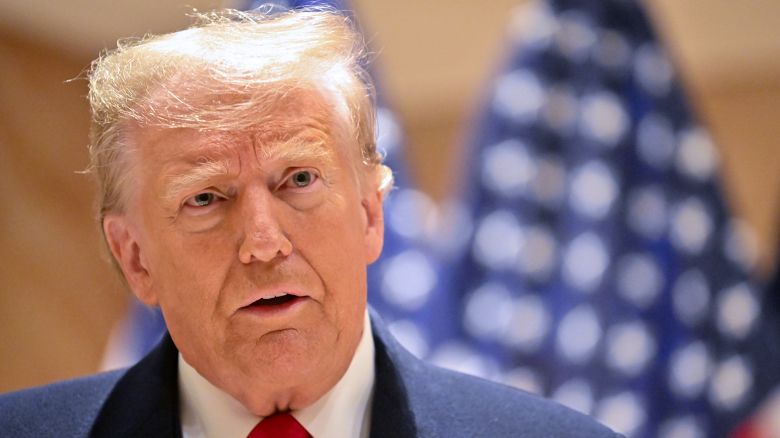
House Democrats have put forth a bill aiming to strip Secret Service protection from individuals who have been convicted of a crime and are serving time in prison.
This move is widely perceived as a targeted measure against former President Trump, who currently faces trial in New York City for alleged “hush money” payments made during the 2016 election campaign, alongside other charges that could potentially lead to incarceration.
Proposed by Rep. Bennie Thompson (D-MS), former chair of the now-disbanded Jan. 6 congressional committee, the bill seeks to automatically revoke Secret Service protection for individuals convicted of a federal or state felony carrying a minimum one-year prison sentence.
The bill’s name is provocatively called the “Denying Infinite Security and Government Resources Allocated toward Convicted and Extremely Dishonorable (DISGRACED) Former Protectees Act.”
“Unfortunately, current law doesn’t anticipate how Secret Service protection would impact the felony prison sentence of a protectee—even a former President,” Thompson said in a statement.
“It is regrettable that it has come to this, but this previously unthought-of scenario could become our reality.”
Along with Thompson’s statement, there was a so-called “fact sheet” that said President Donald Trump is facing an “unprecedented 91 felony charges in federal and state courts.” This has “created a new exigency that Congress must address to ensure Secret Service protection does not interfere with the criminal judicial process and the administration of justice.”
The one-pager outlines that the bill would extend to former President Trump in the event of a guilty verdict, as well as to all Secret Service protectees convicted and sentenced on felony charges.
According to Thompson’s proposal, the existing law fails to address the logistical challenges posed by providing Secret Service security to a protected individual serving time in jail. This oversight could potentially create complications for both the Secret Service and prison authorities.
Thompson contends that enacting the proposed bill would mitigate the complexities that could arise if former President Trump were incarcerated, ensuring smoother coordination between the Secret Service and correctional facilities.
“Therefore, it is necessary for us to be prepared and update the law so the American people can be assured that protective status does not translate into special treatment—and that those who are sentenced to prison will indeed serve the time required of them,” Thompson said.
It would also address legal arguments that if Trump were to be found guilty, he should be given home or modified confinement instead of going to prison because of his Secret Service protection.
“This bill would remove the potential for conflicting lines of authority within prisons and allow judges to weigh the sentencing of individuals without having to factor in the logistical concerns of convicts with Secret Service protection,” the document states.
The Secret Service’s responsibilities encompass safeguarding the president, their family, former presidents, and various high-ranking officials. Following the assassination of Senator Robert F. Kennedy in 1968, protection was expanded to include major party presidential nominees. Notably, however, RFK Jr. has not received Secret Service security for his independent presidential bid in 2024.
During a CNN panel discussion on Friday, participants deliberated on the potential repercussions should Donald Trump be incarcerated for breaching a ‘gag order’ during the 2024 presidential campaign.
CNN political analyst Mark Preston argued that jailing Trump would lead to widespread civil unrest.
CNN Legal Analyst Warns Throwing Trump in Jail Will Lead to “Civil Unrest”
“I think the whole world is watching this hoax. You got a DA that’s out of control. You have a judge who is highly conflicted. The whole thing is a mess.”
A CNN panel broadly agreed that Donald Trump… pic.twitter.com/PDsKMkKI1w
— Kyle Becker (@kylenabecker) April 19, 2024
“I think that if [Trump] does go into this hole, if that were to happen, first of all, I think you would probably see civil unrest across the country, certainly in some cities,” he said.









